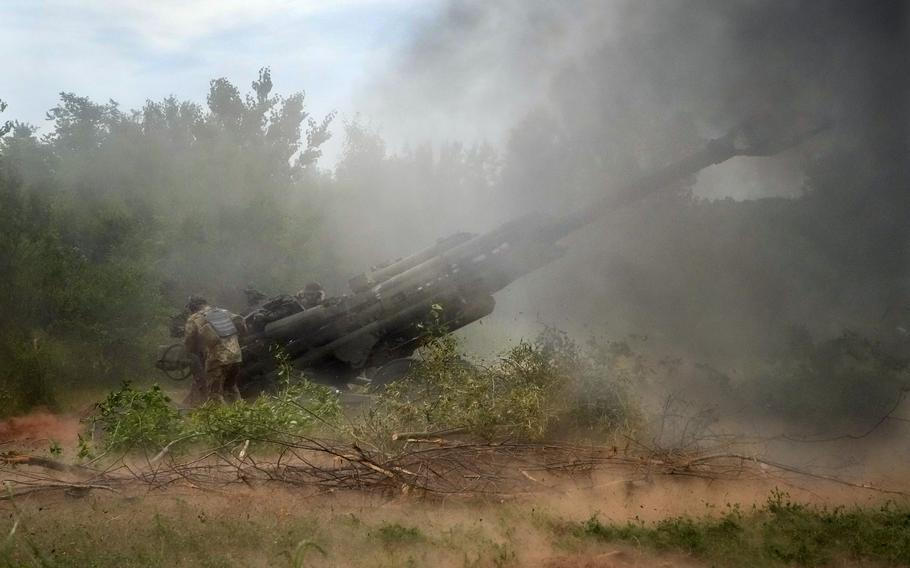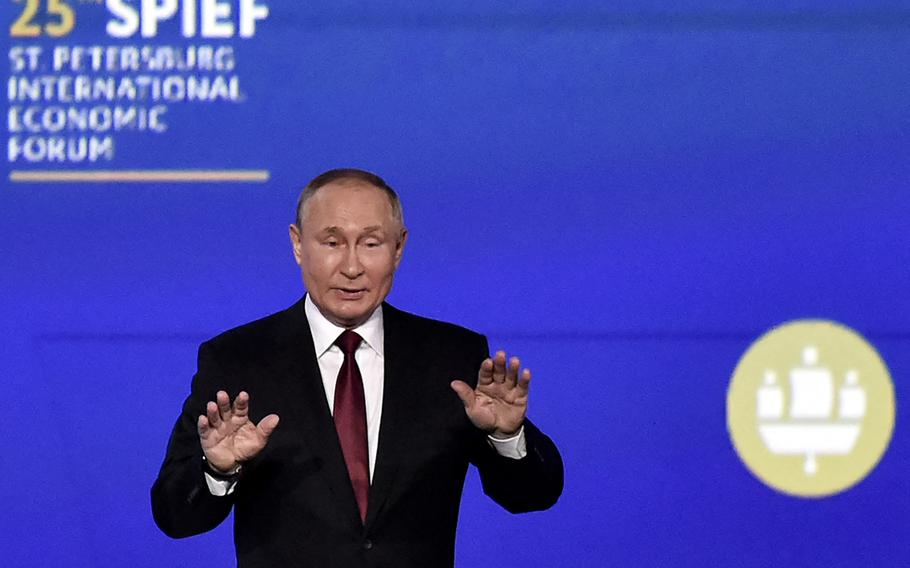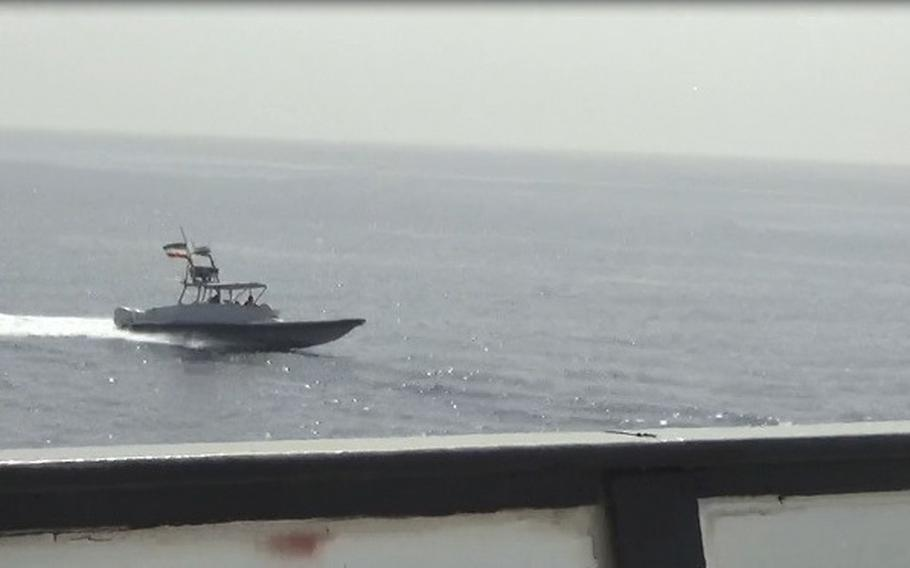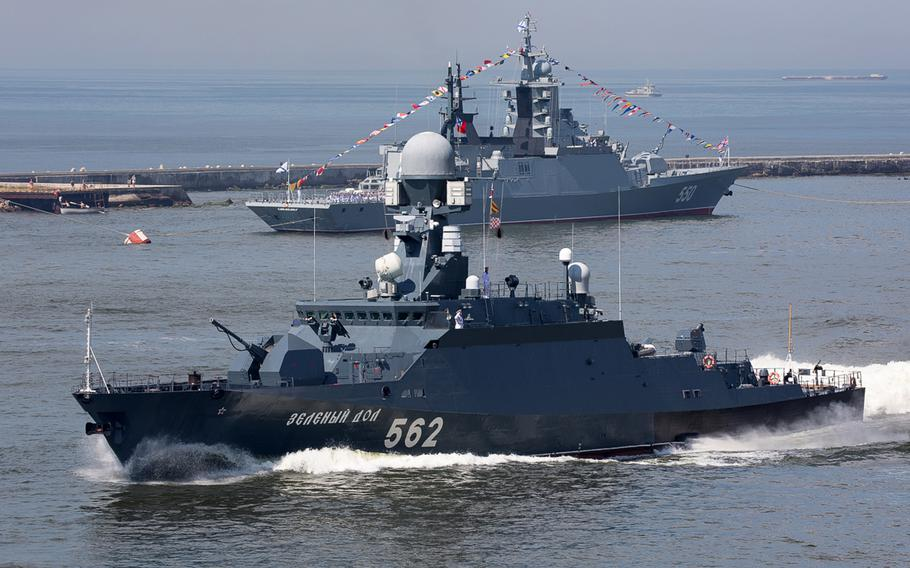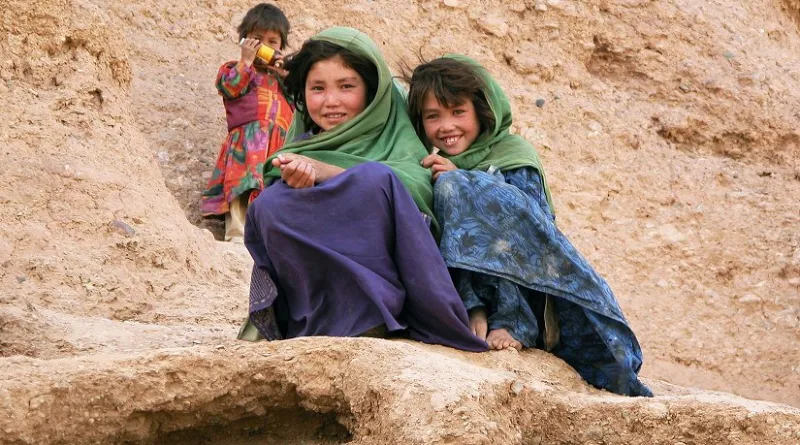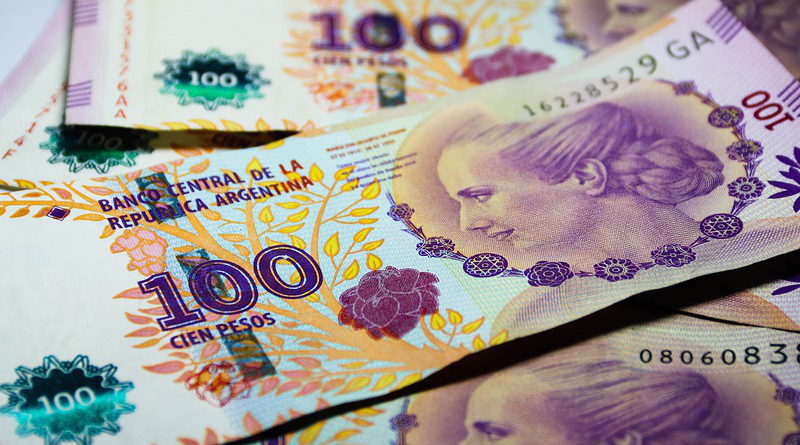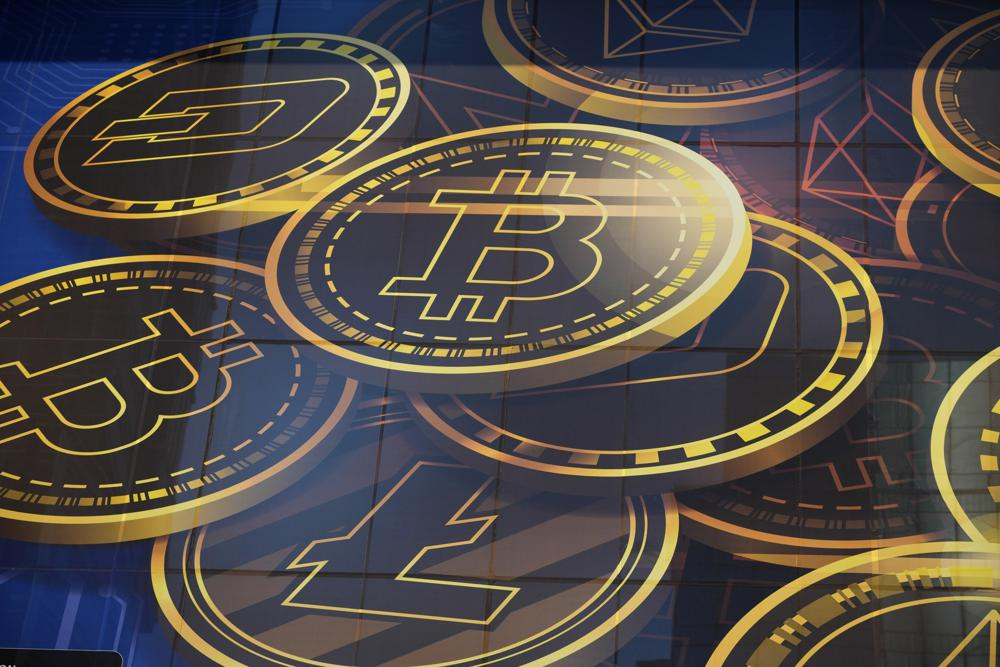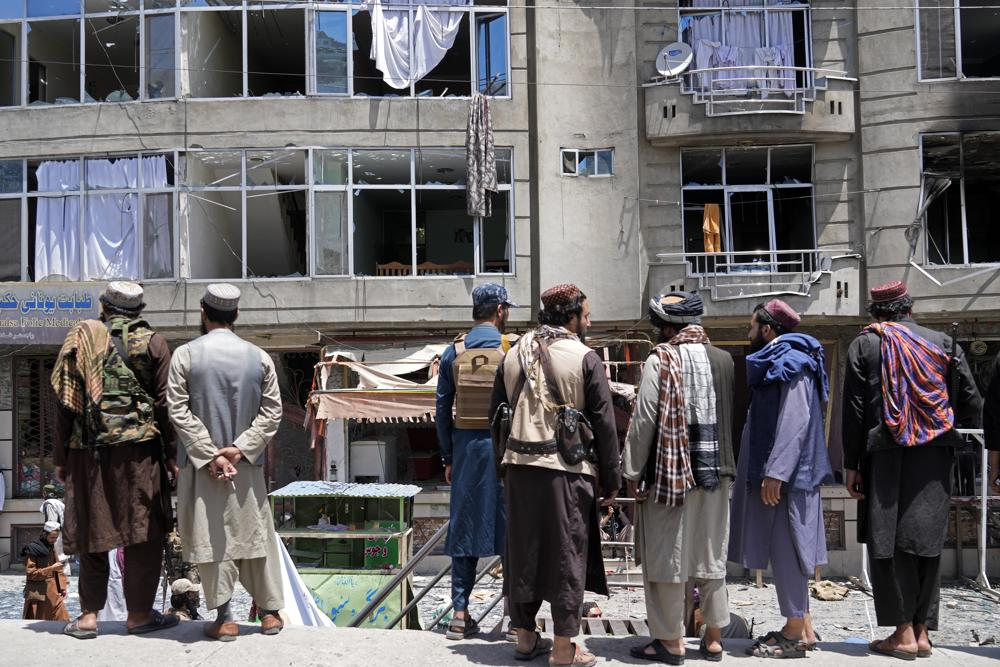No breakthrough in Turkey’s talks with Sweden, Finland over joining NATO
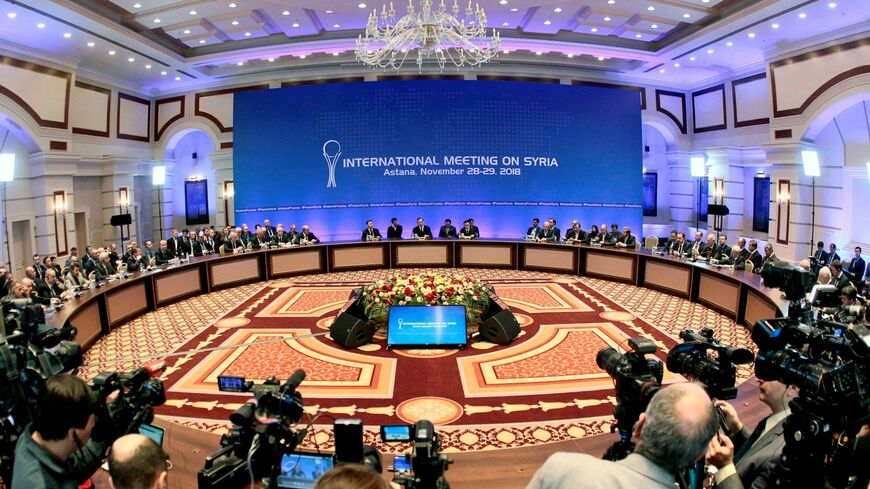
Discussions between Turkey, Finland and Sweden about the Nordic countries’ proposed NATO membership have ended inconclusively as Ankara showed no signs of abandoning its hardline position.
Discussions between Turkey, Finland and Sweden about the Nordic countries’ NATO membership held in Brussels today ended inconclusively as Ankara showed no signs of abandoning its maximalist position, sources said.

